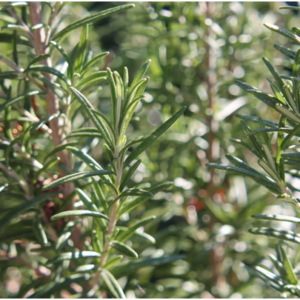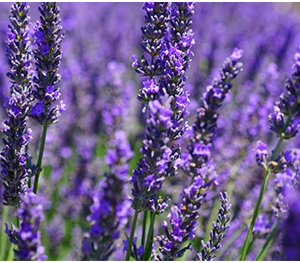In recent years, Tulsi has gained popularity for easing anxiety when stress rears its head. It is an adaptogen, which means it supports the body on a cellular level to reduce the negative impact of stress, inviting calmness and clarity within. Anti-stress effects are comparable to antidepressant drugs. Some two dozen studies have found it has favourable clinical effects across multiple areas including metabolic disorders, mood conditions, immunity and infections.
Energy
Tulsi bolsters energy levels without stimulating the adrenals, but does not contain caffeine or other stimulants. Its positive effect on stamina is also due to its adaptogenic properties, which nourish the nervous system, allowing it to produce the right harmony of hormones, dopamine and serotonin.
Energy that is more balanced and strong all day long causes sleep to be deeper and more restful. Tulsi rejuvenates the body at its root functions, promoting mental acuity and youthful vigor.
Immunity, digestion and anti-inflammation support
Tulsi is a rich source of antioxidants and phytonutrients that enhance digestion, support immune system function, and help strengthen the body’s healthy inflammation response.
It has a unique combination of antioxidant, anti-inflammatory, anti-microbial, and other actions that combine to help the body and mind adapt and cope with a wide range of physical, emotional, chemical, and infectious stresses.
Precautions:
Discuss with your doctor if pregnant or lactating. Holy basil might lower blood sugar levels or could potentially lower thyroxine levels; medications may need to be adjusted. Medications that may have contraindications include: Those that slow blood clotting such as warfarin (Coumadin), aspirin, clopidogrel (Plavix) and others. Taking Holy Basil with pentobarbital may cause excessive drowsiness. Avoid at least 2 weeks after surgery.
Tulsi may decrease fertility in men and women, so anyone hoping to conceive should refrain from consuming large quantities of Tulsi. It’s also recommended that women avoid Tulsi while breastfeeding. Some people experience nausea or diarrhoea when they first add Tulsi tea to their diet, so it’s best to start with small quantities and increase your consumption over time.





